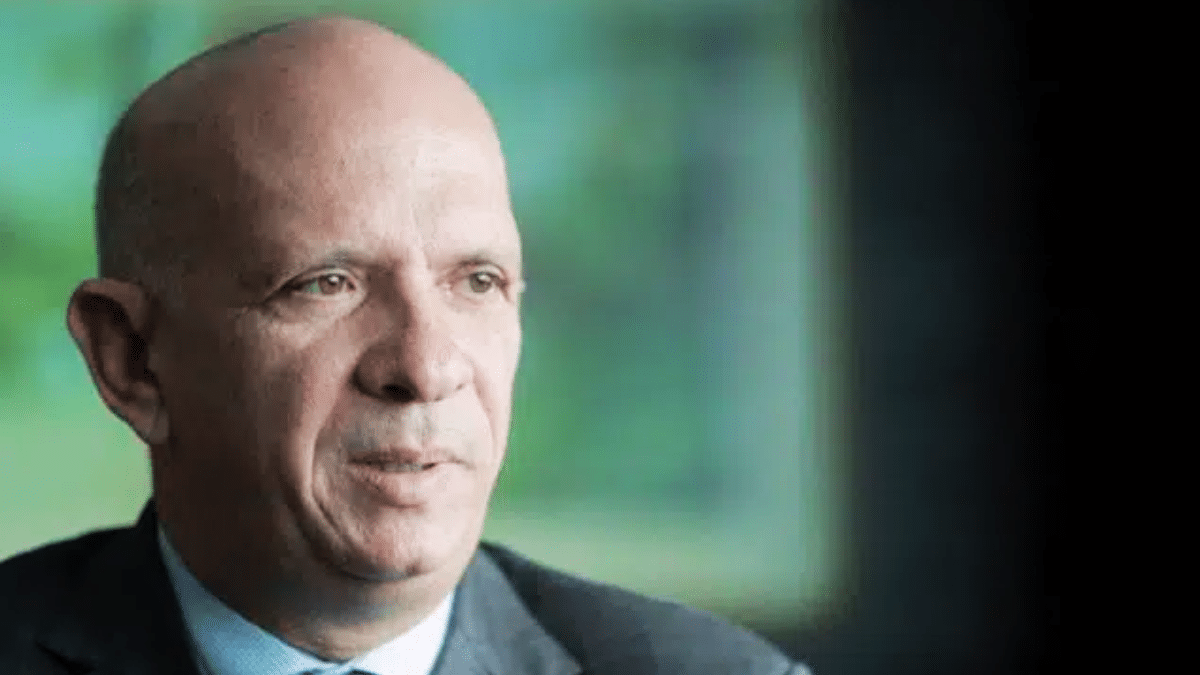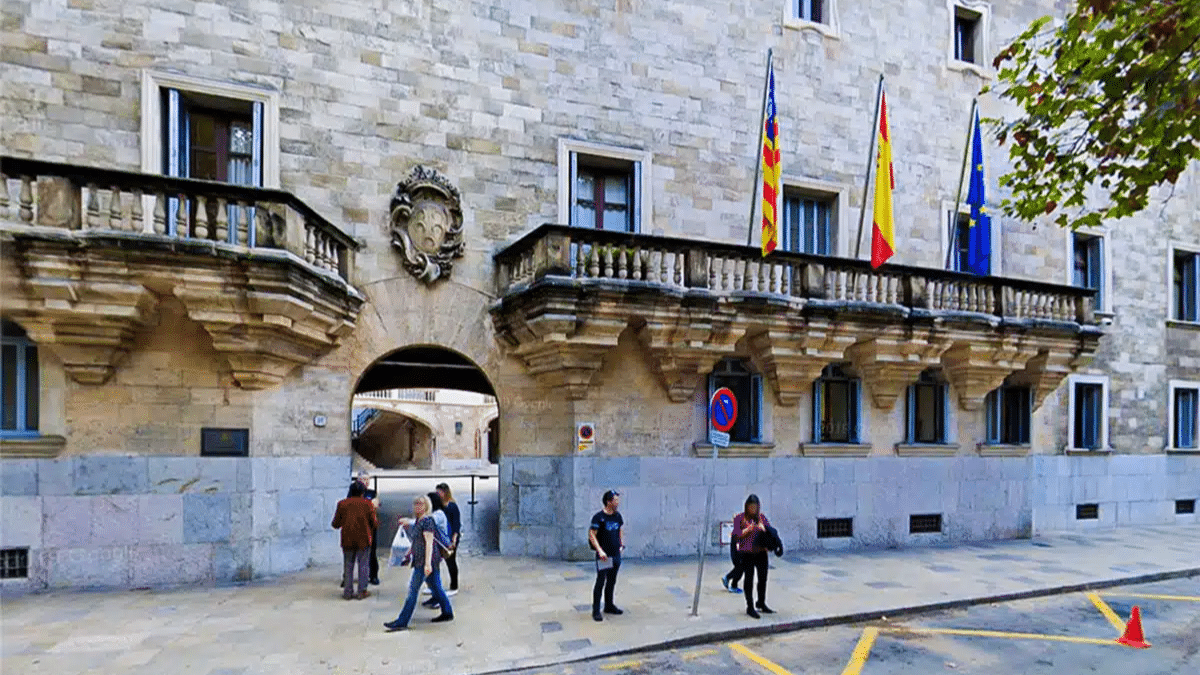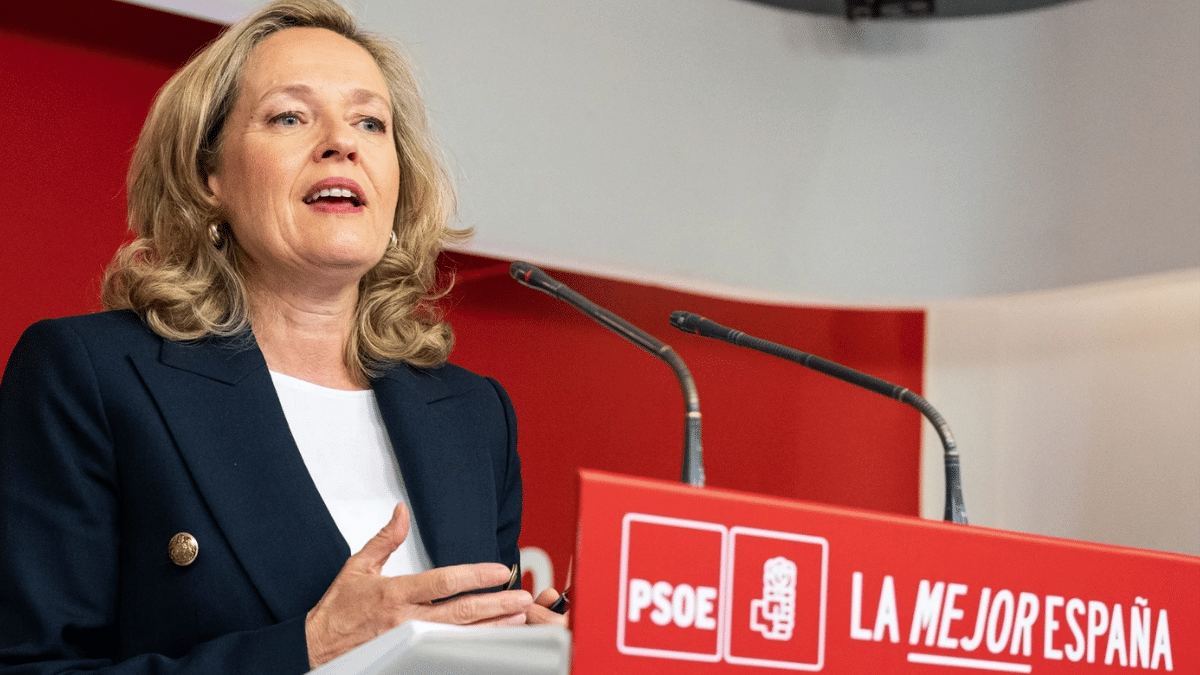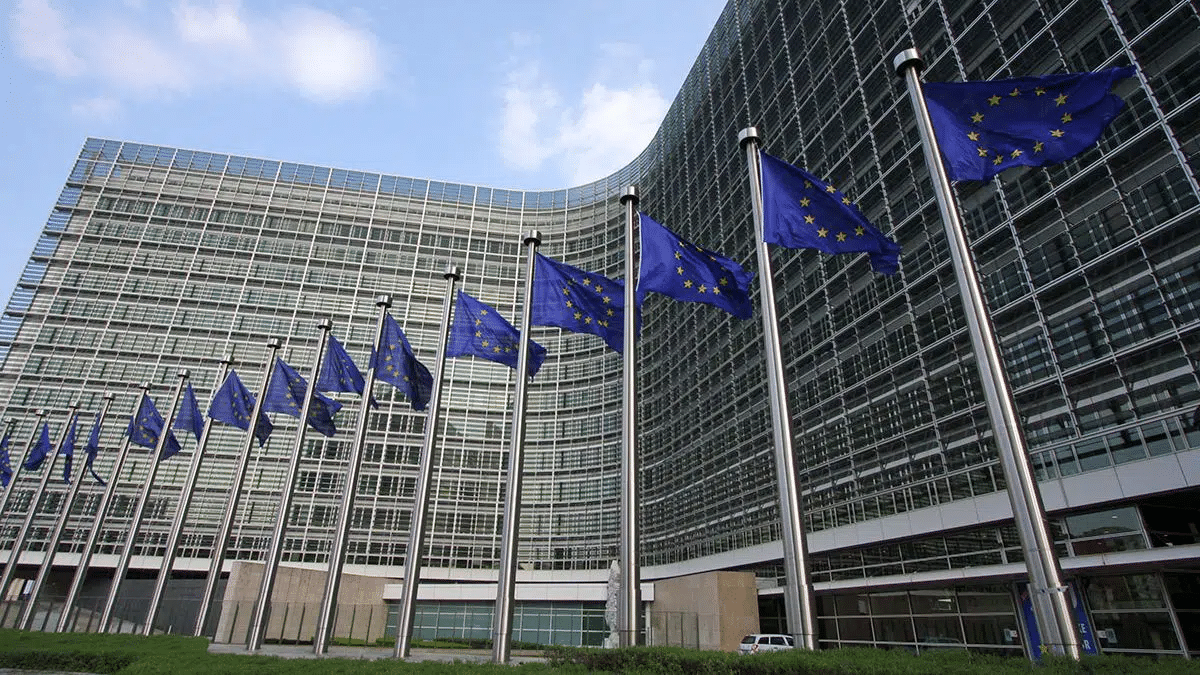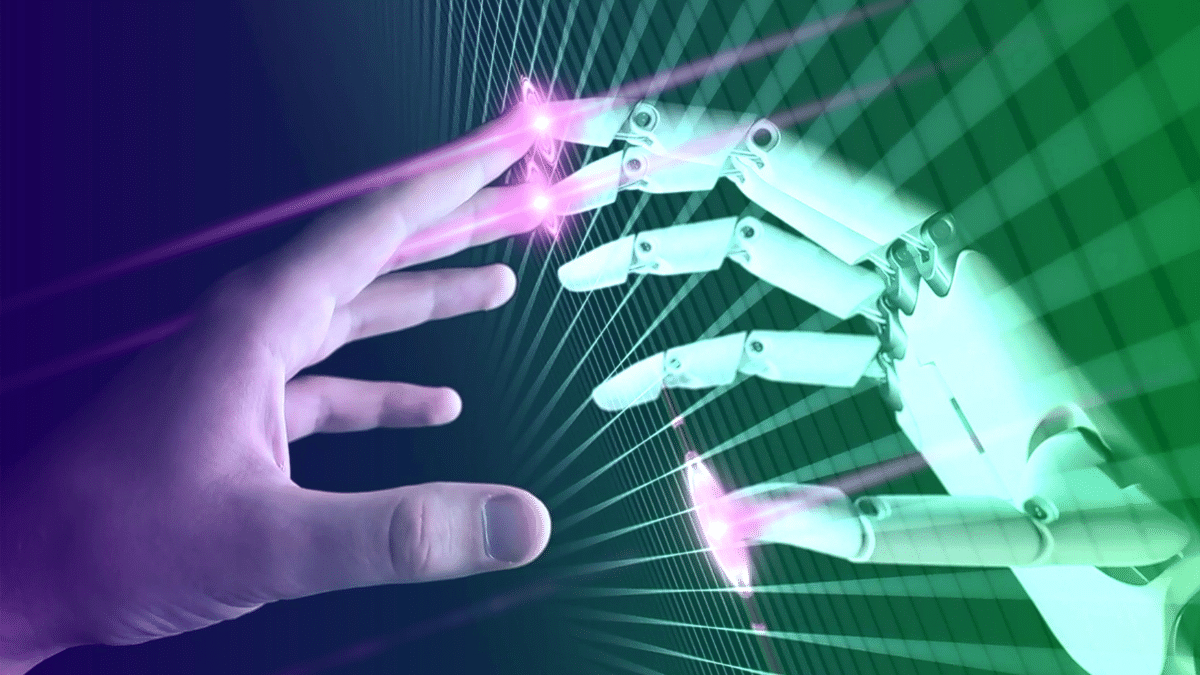
Find Iur, the Spanish artificial intelligence specialising in law, will be operational from 25 May
Artificial intelligence (AI) has proven to have capabilities similar to those of human beings due to the combination of its algorithms. And from 25 May, thanks to the initiative of two young Spaniards, law lovers will be able to access Find Iur, an AI programme with 100% legal content.
This artificial intelligence has been created by 24-year-old lawyer Vyctorya Lima (CEO) and 32-year-old telecommunications and computer engineer Josep Chulvi (CTO). The programme will first land in Spain and Mexico, and in four years’ time it will be established in all Spanish-speaking countries and in the United States.
The project, which was launched last November and began to take shape in January, already has more than 500 lawyers signed up on a list to try it out.
The idea of creating Find Iur arose, in the words of the CEO, when she realised the “mistreatment” that the legal profession is currently suffering from public institutions and clients. Most of them work too much and give up their family life, so with this AI they want to help them save time so that they can reconcile their work and family life. He detected this problem when he was working in a law firm.
And although this idea had been in his mind for many years, he has not been able to realise it until now because “the technology at that time did not allow it“.
WHAT YOU CAN DO
Find Iur will initially be free and in a few months a monthly fee will be charged. “We first want to study whether there are any faults, what jurists are most interested in, and see what can be improved“.
And what can it be used for? According to Vyctorya Lima, it can be used both for the automation of legal documents and for the search for legal grounds to be applied in lawsuits, claims or appeals. Although it is not yet possible to produce a “complete” brief, that is one of the objectives.
In addition, it will also make it possible to summarise judgments. For example, by offering the number of the appeal or specific data on what is being sought, the AI will be able to reduce the document and extract the most important parts in the number of characters requested by the user.
At the moment, the summary of these words focuses on the legal grounds and the judgment. But as they understand that some lawyers want to know the proven facts in order to study whether the case is similar to their own, they plan to be able to upload full judgments in which they can specify which part they want a summary of.
HOW IT WORKS
To explain how it works, it should be noted that it allows two options. The first one, the “traditional search“, that is to say, to carry out any query as you do in a normal database but with very good results by understanding the context of what you are looking for.
“It uses a semantic search and not a keyword search, which makes the answers more concrete,” said Vyctorya Lima.
There is also a chat, similar to ChatGPT, to consult doubts, obtain legal grounds or to create a contract. In addition, it will be possible to access automatically created documents.
This model is different from other artificial intelligence systems. For example, ChatGPT gives generic answers, is based on information from the internet and the database is not up to date, as it offers content from the previous year. And in the legal field it is necessary that all information is always up to date, which has been a challenge for them.
ON DATA PROTECTION
As is well known, ChatGPT is currently not at its best. It is currently under the scrutiny of the Spanish Data Protection Agency (AEPD) for possible non-compliance with regulations.
And in Italy, the Garante per la Protezione dei Dati Personali immediately banned its use at the end of March for allegedly unlawfully collecting personal information.
But as Vyctorya Lima explained, this will not happen at Find Iur. ChatGPT uses a LMM model, i.e. a large, generic pattern that takes everything it sees on the internet but does not specify that this information is being provided by AI.
In their case, they use a closed and limited database with rules and rulings provided by lawyers. So all the information that comes in is exclusively theirs. In this way, “there are no problems with data protection or intellectual protection of these works”, he concluded.






